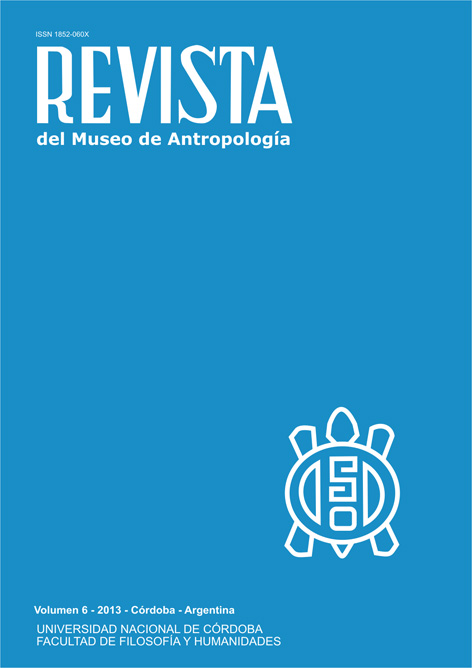The warriors’ paths. Interview with Denise Y. Arnold
DOI:
https://doi.org/10.31048/1852.4826.v6.n1.5513Keywords:
anthropology history, Andes, BoliviaAbstract
Denise Y. Arnold, a renowned Andean anthropologist, specialist in the Bolivian Aymara area, author of more than twenty books and a hundred essays, many of them in collaboration with Juan de Dios Yapita, divides her time between La Paz and London. In La Paz, she directs the Instituto de Lengua y Cultura Aymara (ILCA), which for several years has positioned itself as one of the leading centers of intellectual production in the Andean area, with an important regional and international projection. In London, he directs and participates in various projects currently linked to the study of Andean textile techniques at Birkbeck College London, University of London. These paths, between South America and Europe, undoubtedly helped to define a good part of their concerns and research interests, but perhaps the "warrior paths" traced from Qaqachaka are those that best allow them to trace their questions and searches today. We know that Denise has not only managed to draw attention to subjects that were not studied at the time (such as the "vernacular" architecture of the Altiplano), but that she has done so in collaboration with different people from the "studied" communities, together with whom she wrote numerous articles and books. Moreover, far from invisibilizing his participation in development projects, his production explicitly and critically raises the need for the intervention of anthropologists, which in this interview he defines as "opening anthropological studies to real issues". This did not impede (on the contrary) a consistent theoretical development, whose current outcomes are characterized by having achieved theoretical-interpretative articulations with the anthropological debates of other regions of America, especially with lowlands and Amazonia.
By means of different intellectual displacements (which many would consider risky) and a good dose of "conceptual imagination" (to paraphrase Eduardo Viveiros de Castro), a good part of Denise's current production has taken to the Andes some of the concerns that seemed "typical" of the lowlands, gaining access to Andean interpretations of concepts and categories that seemed foreign to the highlands. Thus, notions such as "ontological depredation" or "appropriation of subjectivities" became part of explanations that slowly began (and continue increasingly) to make sense in the Andes. All this, of course, within the framework of the ethnographic imprint that characterizes its production, which is defined by a descriptive and analytical density (in Spanish and in Aymara, most of the time) that is not always easy to find.
In this interview, held on a spring afternoon at the ILCA library in La Paz, Denise points out the drums of her travels and unrolls the hanks of some of her most popular proposals, recalling decisions, hiccups, joys, frustrations and also revealing the reasons that make it essential to continue studying her ideas.
Downloads
Downloads
Published
Issue
Section
License
Those authors who have publications with this Journalaccept the following terms:
a. Authors will retain their copyrights and guarantee the journal the right of first publication of their work, which will be simultaneously subject to the Creative Commons Attribution License (Licencia de reconocimiento de Creative Commons) that allows third parties to share the work as long as its author and his first publication in this journal.
b. Authors may adopt other non-exclusive licensing agreements for the distribution of the version of the published work (eg, deposit it in an institutional electronic file or publish it in a monographic volume) provided that the initial publication in this journal is indicated.
c. Authors are allowed and recommended to disseminate their work on the Internet (eg in institutional telematic archives or on their website) before and during the submission process, which can lead to interesting exchanges and increase citations of the published work. (See The Effect of Open Access - El efecto del acceso abierto)












